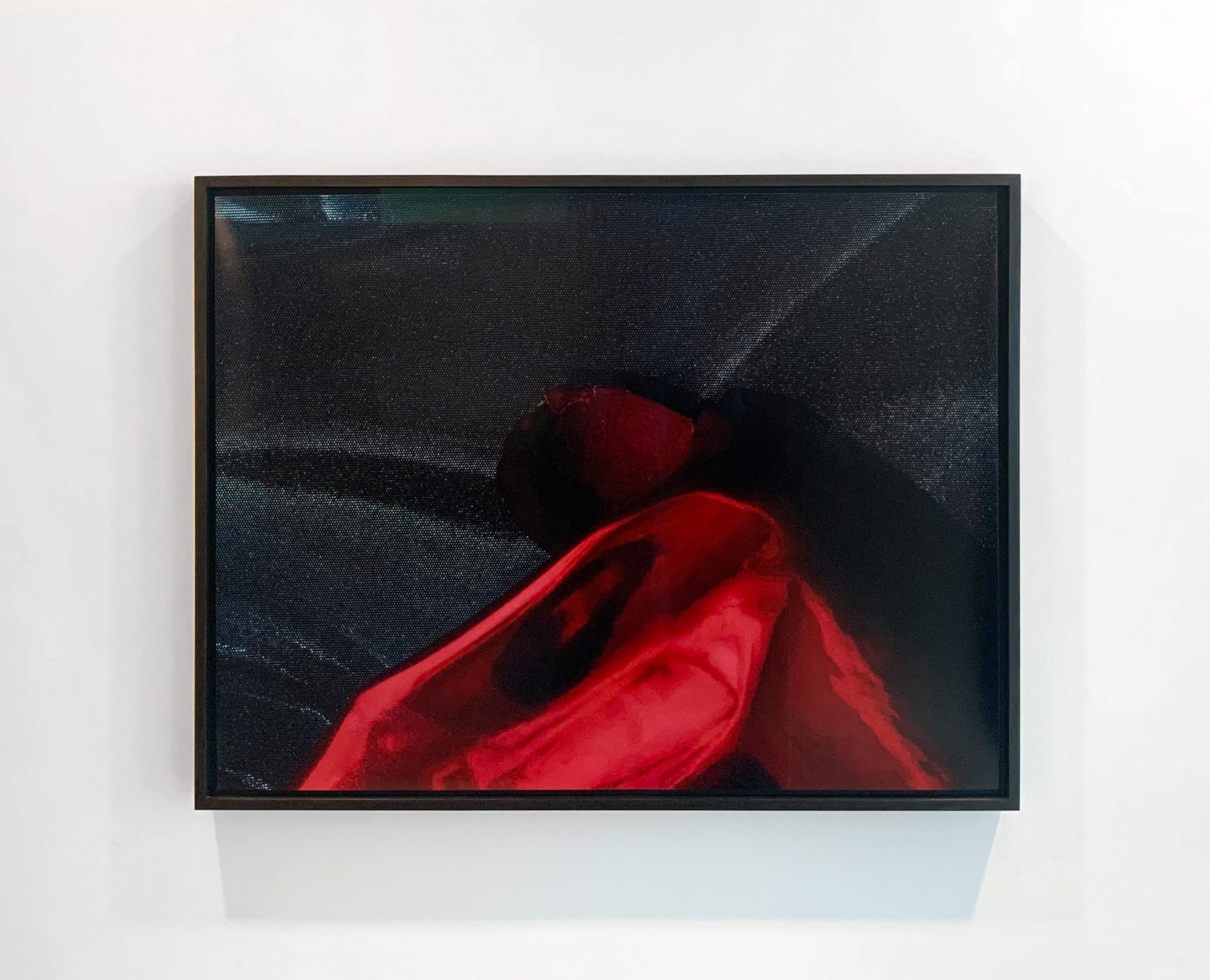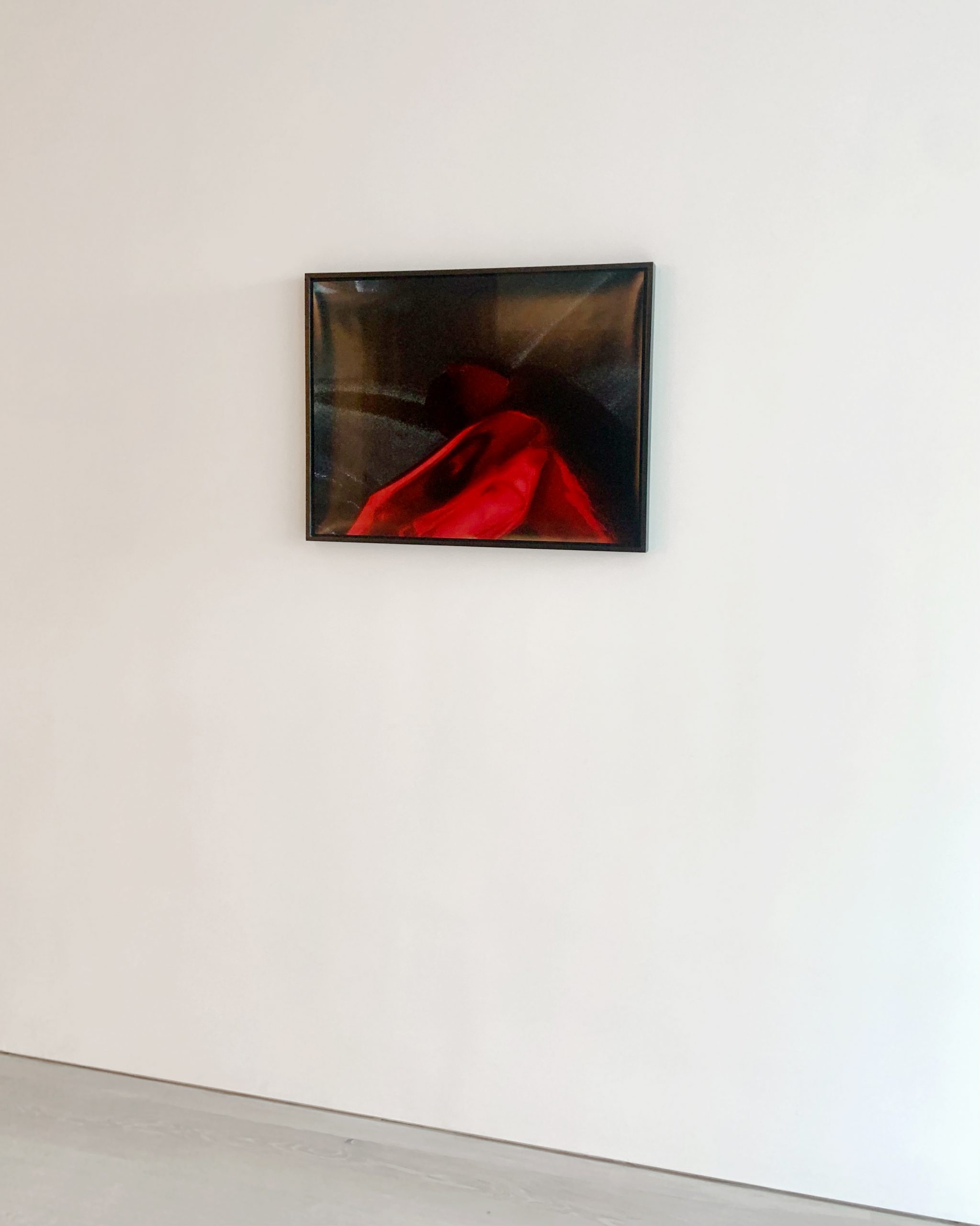Info
Module V- Part B, “Thoughts on Albert Camus”, Greenwich Street, New York March 3 —April 16, 2022
curated by Venetia Kapernekas (Venetia Initiatives, New York )
Artists:
Anna Conway (NY), Cornelia Thomsen (NY), Constanza Kramer Grafias (Munich), Jenny Min (NY), Marius Glauer ( Berlin), Shirine Gill (NY), Alex Tzannis (Athens)
Following the Module IV-Part A – where Tanizaki’s ‘in praise of shadows’ ..”we delight in the mere sight of the delicate glow of fading rays clinging to the surface of dusky wall, there to live out what little life remains to them,…” ,
Part B/Module V takes a deeper ‘dive’ with Albert Camus (1913-1960)( french philosopher, author, journalist) for the human existence and absurdity.
Albert Camus thought that life had no meaning, that nothing exists that could ever be a source of meaning, and hence there is something deeply absurd about the human quest to find meaning. Appropriately, then, his philosophical view was called (existentialist) absurdism.
Camus himself said his philosophical origins lay in ancient Greek philosophy, Nietzsche, and 17th-century moralists whereas existentialism arises from 19th- and early 20th- century philosophy such as Kierkegaard, Karl Jaspers, and Heidegger. Camus also said his work, The Myth of Sisyphus, was a criticism of various aspects of existentialism. Camus was rejecting existentialism as a philosophy, but his critique was mostly focused on Sartrean existentialism, and to a lesser extent on religious existentialism. He thought that the importance of history held by Marx and Sartre was incompatible with his belief in human freedom.
(David Sherman and others also suggest the rivalry between Sartre and Camus also played a part in his rejection of existentialism.David Simpson argues further that his humanism and belief in human nature set him apart from the existentialist doctrine that
existence precedes essence.) Philosophy professor David Sherman considers Camus an anarcho-syndicalist. Graeme Nicholson considers Camus an existentialist anarchist.
Camus focused most of his philosophy around existential questions. The absurdity of life, the inevitable ending (death) is highlighted in his acts. His belief was that the absurd—life being void of meaning, or man’s inability to know that meaning if it were to exist—was something that man should embrace.
Camus follows Sartre’s definition of the Absurd: „That which is meaningless. Thus man’s existence is absurd because his contingency finds no external justification“. The Absurd is created because man, who is placed in an unintelligent universe, realizes that human values are not founded on a solid external component; or as Camus himself explains, the Absurd is the result of the „confrontation between human need and the unreasonable silence of the world.“
Camus poses a crucial question: Is it possible for humans to act in an ethical and meaningful manner, in a silent universe? According to him the answer is yes, as the experience and awareness of the Absurd creates the moral values and also sets the limits of our actions. Camus separates the modern form of rebellion into two modes. First, there is the metaphysical rebellion, which is „the movement by which man protests against his condition and against the whole of creation.“ The other mode, historical rebellion, is the attempt to materialize the abstract spirit of metaphysical rebellion and change the world. In this attempt, the rebel must balance between the evil of the world and the intrinsic evil which every revolt carries, and not cause any unjustifiable suffering.
C-print
51 x 67 cm
Unique
photo© Studio Glauer and Trinity Lacayo


